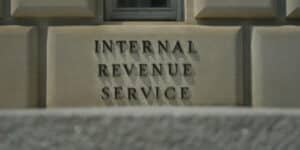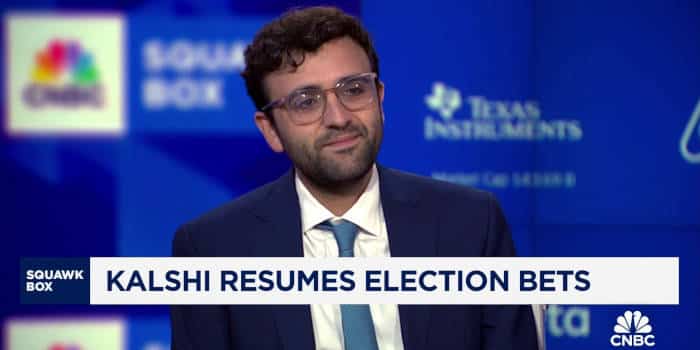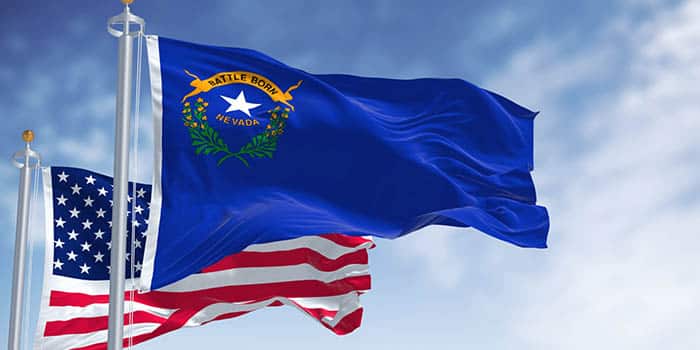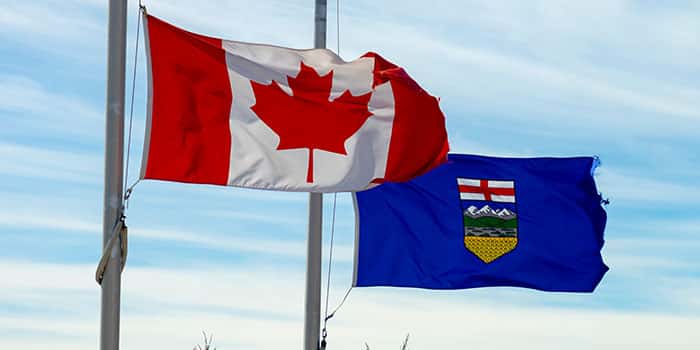Fact-checked by Angel Hristov
JP Morgan Analyst Says OSB Operators Shouldn’t Miss Prediction Markets
By extrapolating an average online sports betting handle of $1,100 per person from betting-friendly states to those where sports wagering remains illegal, Politzer projected a potential US$131 billion opportunity within prediction markets

According to JP Morgan analyst Daniel Politzer, prediction markets may serve as a practical alternative to online sports betting (OSB), paving the way for the further expansion of the sector.
Online Sports Betting Operators Could Win a Lot from Prediction Markets, Analyst Says
Politzer identified exchange-traded wagers as a promising market expansion opportunity that he described as “too good to pass up.” He highlighted the strong potential for companies like DraftKings and FanDuel, projecting they would likely enter prediction markets through a tax-exempt pathway in states where online sports betting remains illegal, citing Texas and Georgia as key possibilities.
By extrapolating an average online sports betting handle of $1,100 per person from betting-friendly states to those where sports wagering remains illegal, Politzer projected a potential $131 billion opportunity within prediction markets. Even after cutting that estimate in half due to expected product limitations and weaker marketing, he still arrived at a sizable $62 billion in potential customer volume.
Politzer calculated that if online sports betting operators generated $2.5 billion in trading fees from that volume, it could translate into roughly $1 billion in additional cash flow. If DraftKings and FanDuel, some of the biggest names in the sector, were to capture a 25% to 30% share of the market, he estimated they could see a cash-flow boost of $200 million to $300 million.
Politzer estimated an additional $250 million in cash flow for DraftKings under this scenario. He also wrote that the perfect scenario assumes online sports betting operators could leverage exchange pricing to offer a comprehensive, parlay-style product in states where online sports betting is not yet legal.
What Difficulties Do Prediction Markets Face?
While prediction markets continue to grow, they sometimes have to face legal issues and outcry from other involved parties. Politzer noted that 34 state attorneys general had opposed the expansion of prediction markets into sports betting. Other regulatory bodies, such as the Ohio Casino Control Commission (OCCC), which recently warned sportsbook operators about offering market bets, have also expressed a position against the rapid growth of the sector.
At the heart of the issue, Politzer explained, is the concern that prediction markets are bypassing state regulations and tax requirements by operating under the jurisdiction of the federal Commodity Futures Trading Commission. The JP Morgan analyst outlined the key reasons behind the opposition from various stakeholders. Tribal entities, he said, worry about potential cannibalization of the online sports betting market and possible violations of the Indian Gaming Regulatory Act. For example, recently, Kalshi was hit with a lawsuit as the Ho-Chink nation argued one of the company’s partners offered illegal sports betting on tribal lands.
Sports leagues are concerned about threats to game integrity and the potential loss of sponsorships tied to traditional sports betting. Meanwhile, state gaming regulators have raised alarms over the lack of consumer protections at the federal level, which is an issue echoed by gambling advocacy groups.
Stefan Velikov is an accomplished iGaming writer and journalist specializing in esports, regulatory developments, and industry innovations. With over five years of extensive writing experience, he has contributed to various publications, continuously refining his craft and expertise in the field.

















